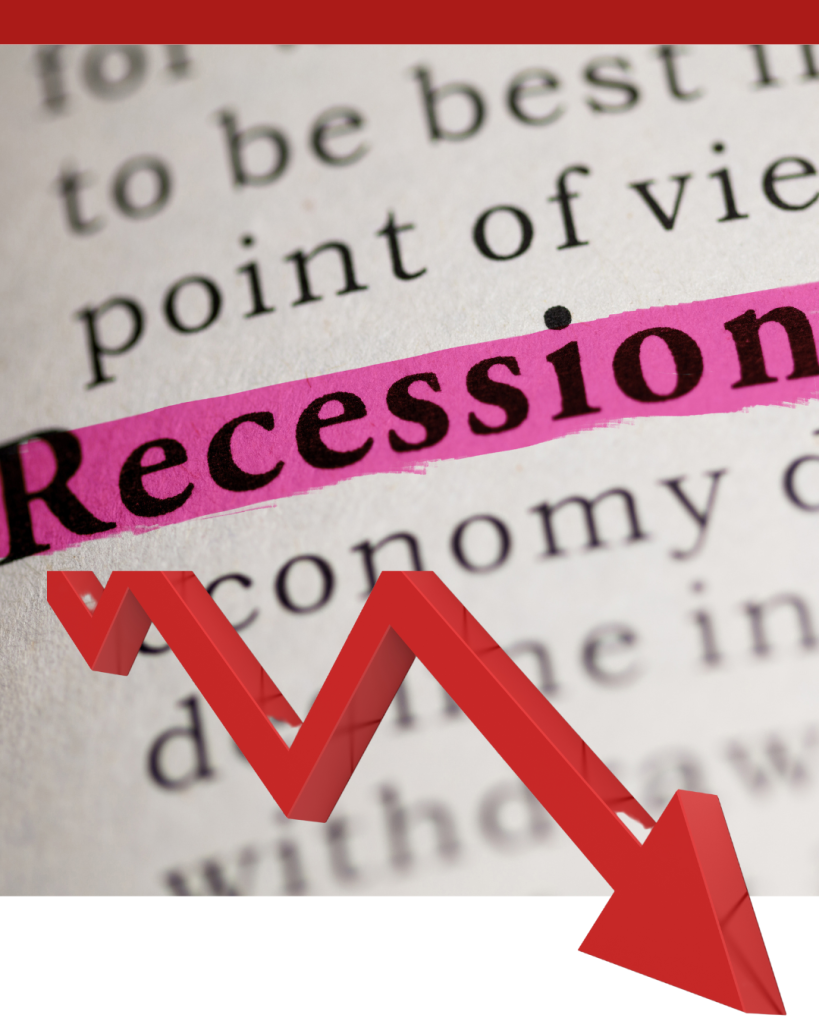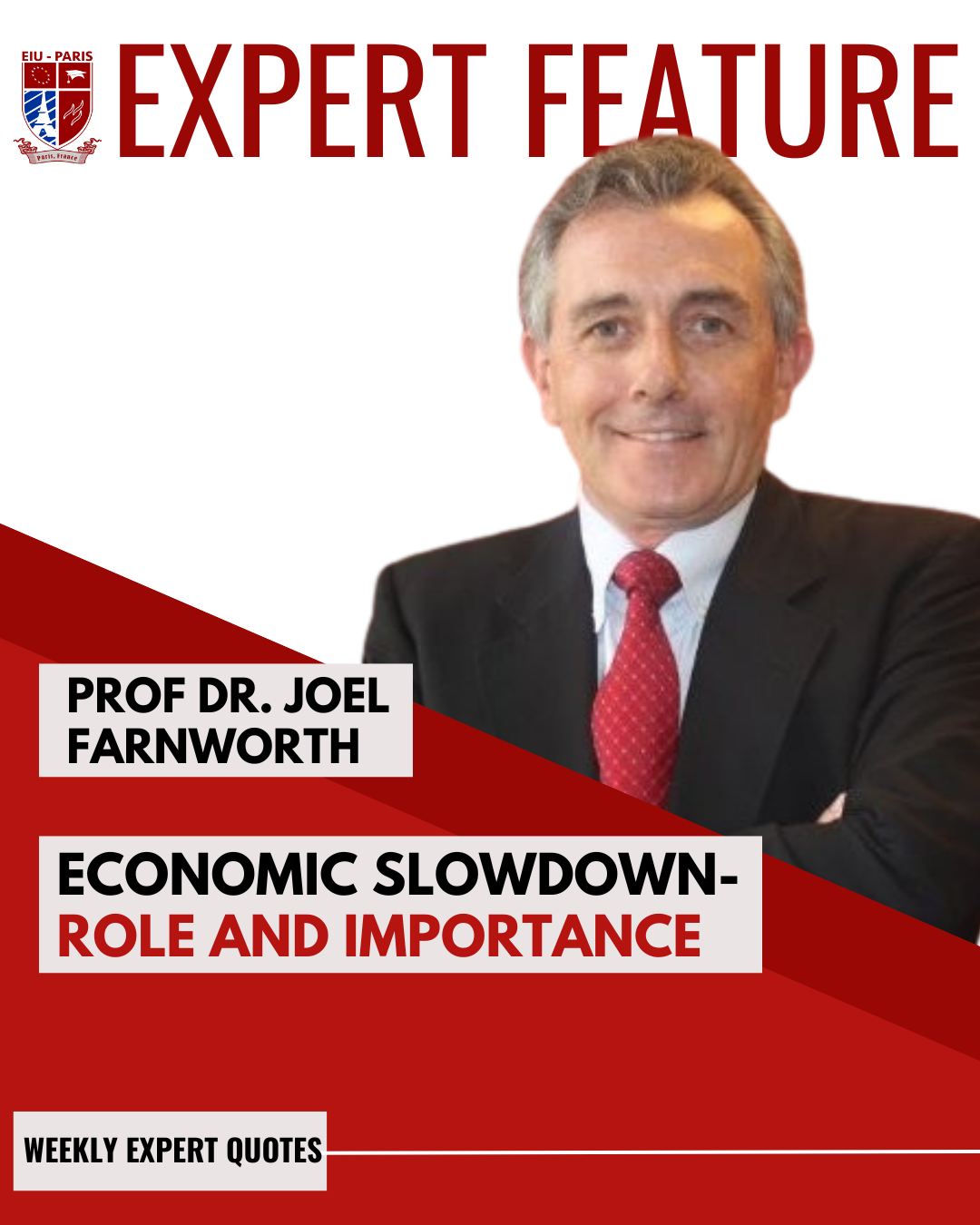According to the International Monetary Fund, the global economy is expected to slow in 2023, with growth falling to 2.7%, the lowest level since 2001. Central banks are increasing borrowing costs to control high inflation, which could trigger a recession. The reopening of China’s economy can boost growth but also carries the potential for significant setbacks. The forthcoming year could also be impacted by Russia’s conflict in Ukraine and energy supply shortages in Europe due to weather or rationing. Due to the labour market’s strength and stable household finances, some analysts anticipate a mild recession. In contrast, others anticipate a “slow cessation” with almost no growth but avoiding a full contraction. It remains to be seen how the Federal Reserve’s actions will ultimately affect borrowing costs, economic expansion, and financial markets.
But the question is, why is the Economy Slowing Down?
Let me help you understand it.
Why is the economy slowing down?
Several different things can cause an economic slowdown. A decrease in consumer spending, a decrease in business investment, a decrease in exports, and an increase in unemployment are some of the most common causes. Changes in government policies, changes in global market conditions, natural disasters, and even pandemics can impact these factors, as the COVID-19 pandemic demonstrated. High debt, inflation, lack of innovation and productivity growth can contribute to economic slowdowns. Governments and policymakers need to understand the underlying causes of an economic slowdown to take the appropriate measures to lessen its impact and encourage sustainable economic growth.
How would the economic slowdown impact you in 2023?
In 2023, a slowdown in the economy may significantly impact people’s means of subsistence. It may result in fewer opportunities for employment, lower wages, and increased job insecurity. Consumer spending can also drop due to a slowdown, which can hurt business profits and cause more job losses. Additionally, a slowdown may decrease government investment and spending, deteriorating healthcare, education, and public services. In many nations, the pandemic has already resulted in significant job losses and slower economic growth; a slowdown in the economy in 2023 may exacerbate these issues. To lessen the impact that a slowdown in the economy will have on your standard of living, governments must take appropriate measures, such as enacting policies that encourage the creation of new jobs, providing financial assistance to those in need, and investing in infrastructure and public services to encourage economic growth.

How should you prepare for the economic slowdown in 2023?
If you prepare for it, you can minimise the effects of a 2023 economic slowdown on the means of subsistence. You can prepare for an economic slowdown in the following ways:
1. Make a fund for an emergency: In the event of a job loss or reduced income, it is essential to have savings that can cover expenses for at least three to six months.
2. Pay down debt: During a downturn in the economy, cutting debt can help you better manage your money. Prioritise paying off high-interest debt and avoiding new debt.
3. Diversify Your Income: You can lessen the impact of a slowdown by having multiple sources of income. Consider working freelance, starting a side business, or investing in stocks and real estate.
4. Reduce spending: Cutting costs can help you stretch your savings and better manage your finances during an economic downturn. You can think about cutting back on expenses that aren’t necessary, negotiating their bills, and finding ways to save money on everyday costs.
5. Keep updated: You can make better financial decisions if updated about economic news and trends. When planning for an economic slowdown, getting professional help is critical.
By taking these steps, you can prepare for an economic slowdown and minimize its impact on their livelihoods.
said Prof. Dr. Joel Farnworth – Dean of Management Studies EIU-Paris
This Abstract is a part of EIU-Paris weekly expert quotes on various trending topics.


